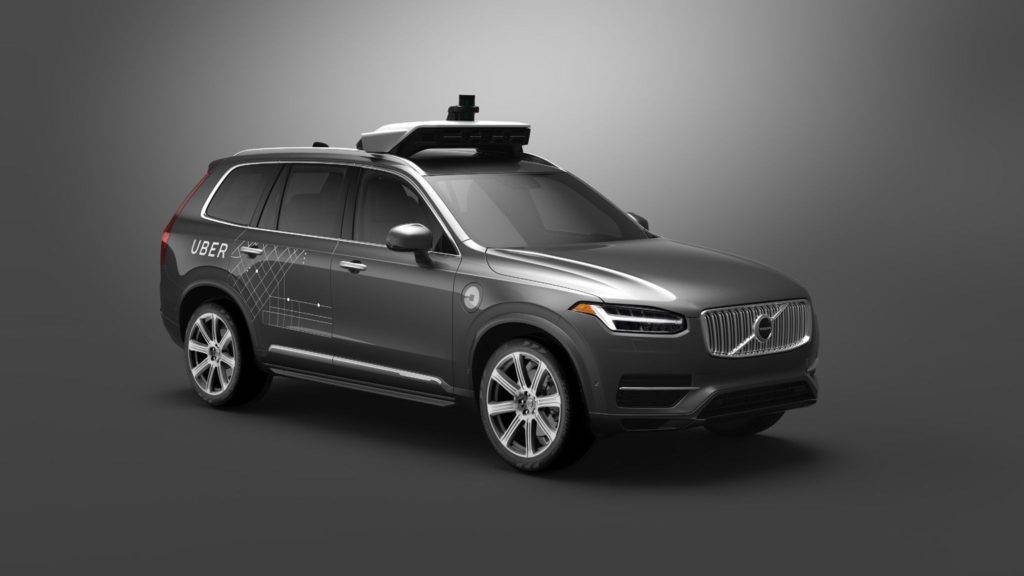Uber has scooped its second automotive partner, announcing on Thursday that Volvo will build a fully autonomous car for the ride-sharing giant’s Pittsburgh fleet.
The partnership includes a $300 million investment from both parties into the development of the autonomous car.
See Also: Can taxi drivers still have a place in a driverless world?
Volvo will use the PSA chassis to build the autonomous car, which is used in the XC90, S90, and V90. From there, Uber will import its self-driving system and ride hailing platform, to make it a fully autonomous taxi.
The most interesting detail is the timeline, Uber says the Volvo cars will appear in the company’s commercial fleet by late August. Customers that enter into the autonomous vehicle will receive a free ride.
If you are in Pittsburgh, you won’t be able to request a self-driving car, but a lucky few will get the chance to ride in it. We assume that an Uber representative will be inside, to avoid even more regulatory issues.
Uber could provide Volvo with a strong market in the future, if we move from car ownership to ride-hailing as the main source of transportation. Volvo doesn’t appear too phased by the deal, stating that its own self-driving division is still active.
Volvo and Uber follow Ford’s big news
The news comes on the same day Ford CEO Mark Fields set a 2021 target date for the company’s first fully autonomous vehicle. Fields said the car would not have a steering wheel or any pedals.
If Uber is able to get a driverless car on the road in any capacity by the end of the year, that 2021 date may be too late. Tesla has also hinted at a fully autonomous system coming to the Model S, X, and 3 far before 2020, which may put regular automotive firms to shame.
Volvo is the second to partner with Uber, following a Hyundai partnership in South Korea. More automotive firms may follow; Fiat CEO Sergio Marchionne said that he would like to partner with Uber and Amazon on self-driving cars, after partnering with Google.


















